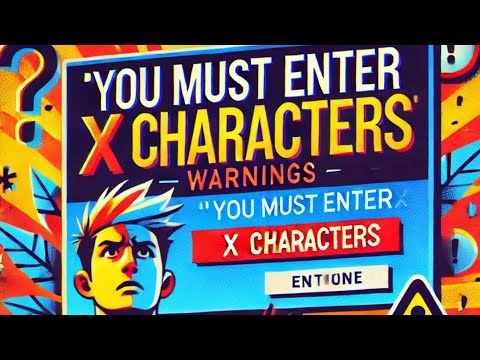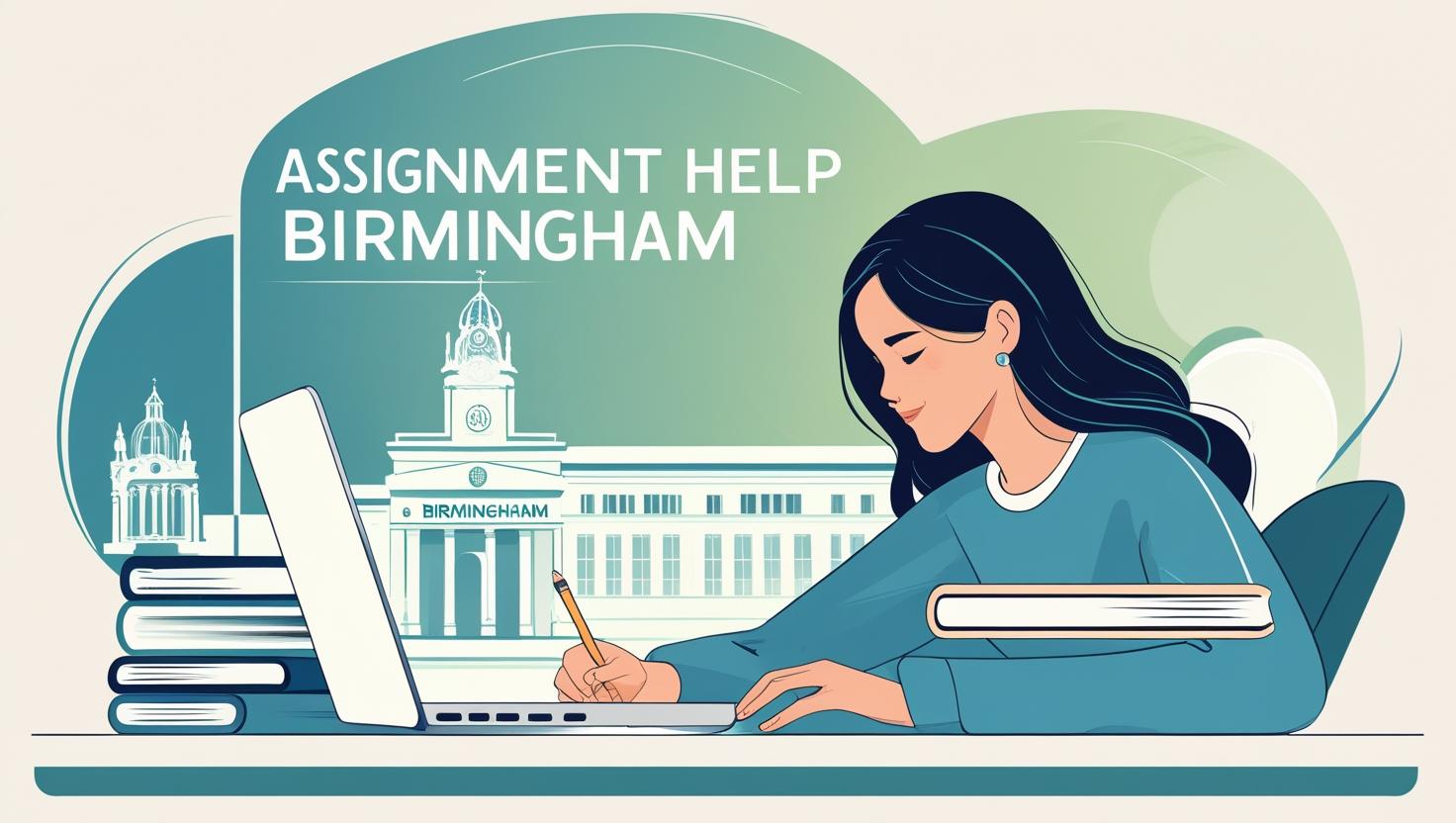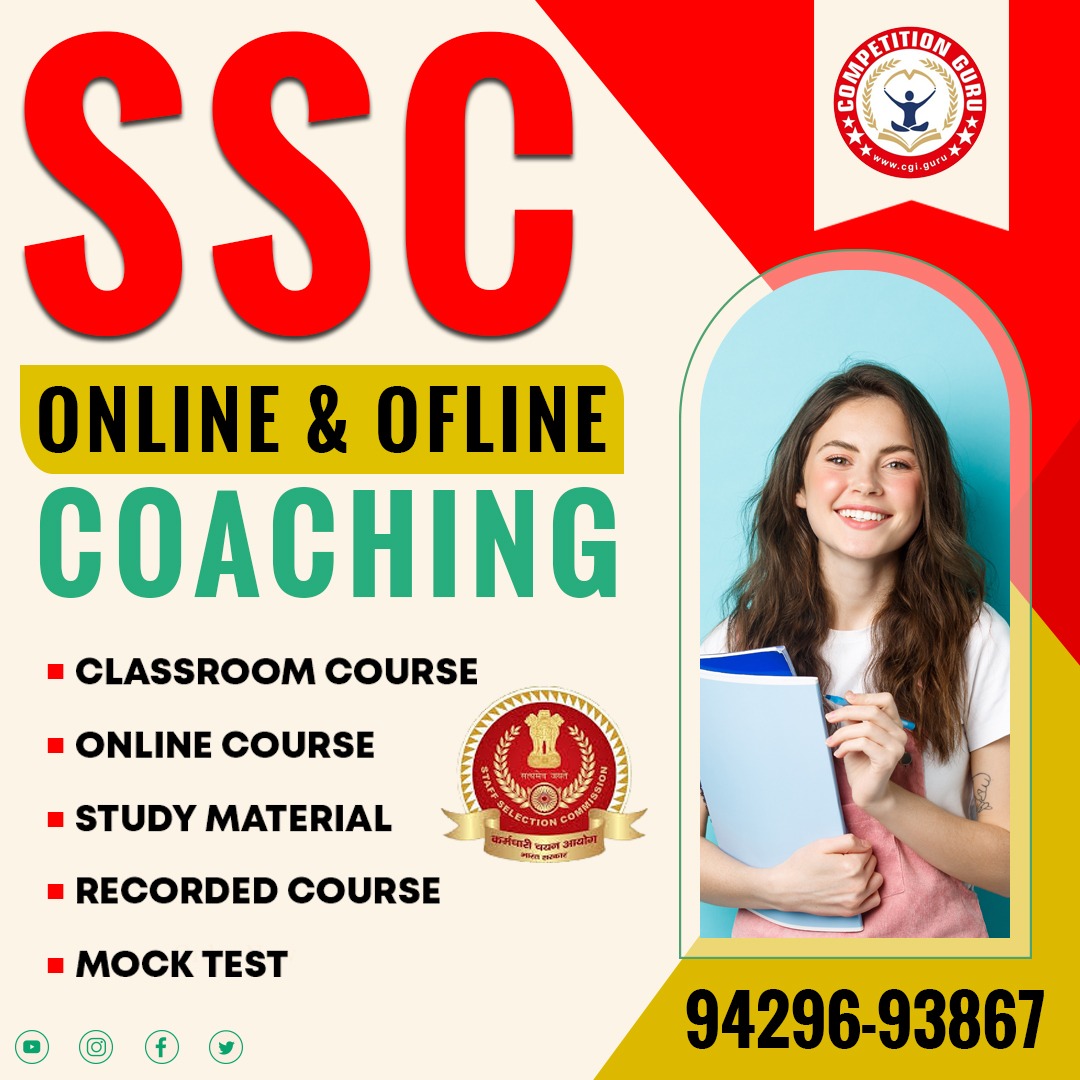Checking What Students Know: How and How Often?

Strong 8k brings an ultra-HD IPTV experience to your living room and your pocket.
We all understand how important it is to check and improve our teaching methods. It's a great way to help students consistently achieve good results.
Figuring out what works and what doesn't, what students like, and what they find tough can guide us in becoming better teachers. This evaluation helps us decide what content needs an update and how to make the good stuff even better.
Usually, when we assess our teaching, we focus on what goes on in the classroom. Were my lessons interesting? Did I explain things clearly? Was it easy for students to approach? But teaching involves more than just the time spent with students each week.
Keeping a focus on student assessment while looking at the bigger picture is helpful for educators to get better both inside and outside the classroom.
Why Check Student Knowledge?
Imagine building a house. You wouldn't keep stacking bricks without checking if the foundation is strong, right? Checking student knowledge is like testing the foundation of their understanding. It helps identify areas where they're solid and areas that might need reinforcement.
This way, teachers can adjust their teaching, provide extra support, and ensure everyone builds a strong foundation for future learning. It's not about catching mistakes, it's about making sure everyone has the tools they need to succeed.
Assessing Early vs. Assessing Late
Deciding when to assess students based on the school calendar can be challenging. Assessments need to be scheduled at the most effective times, which requires careful planning and thought.
When determining assessment timing, teachers and administrators should consider two main factors:
- Time to Teach: Students need enough time to learn the material before being assessed.
- Time to Review Results: It's important not to assess too early before students have had a chance to understand the material. However, waiting too long may not provide useful results.
In the classroom, this might mean postponing a test if students are struggling and allowing time for re-teaching after the assessment if needed. At the district level, it could involve scheduling smaller assessments throughout the year rather than one big test at the end.
How to Assess Students?
Assessment in K-12 education can use different methods based on what students need to learn and how they learn best. Some assessments, like multiple-choice or true/false questions, are quick and easy to grade, testing basic knowledge and understanding.
Others, like short-answer or essay questions, need students to create their own responses, testing deeper thinking skills.
Performance assessments let students show what they can do in real-life situations, which can be more interesting for them. But they take longer to do and grade, and it can be tricky to judge fairly. Portfolio assessments collect examples of students' work over time, giving a big-picture view of their progress.
They're thorough but need careful organisation and management. Ultimately, these approaches contribute to evaluating the performance of your students.
Check out this blog to learn how technology can help improve the validity and reliability of assessments in line with NEP 2020 guidelines.
How Often Should You Assess Students?
Parents often worry about how much students get assessed. Some bloggers even say their kids hate school because they feel overwhelmed by assessments. For teachers and schools, it's tricky. You need to help students, but you also need to figure out what they need through assessments.
You should assess students enough to understand how they're doing, but not so much that they feel like all they do is take tests.
When you plan assessments, ask yourself:
What do I want to learn from this assessment?
Are students ready for it?
Can I find out the same things without giving a formal assessment?
Also, think about the other assessments students have to take before adding more.
Closing Thoughts
Being a teacher is a constant learning journey. Checking in on what our students know and how they're doing is a big part of that. Let's make assessments meaningful, find that sweet spot in timing, and help our students grow, without making them feel like all they do is take tests. It's about building a foundation for success, one assessment at a time.
Note: IndiBlogHub features both user-submitted and editorial content. We do not verify third-party contributions. Read our Disclaimer and Privacy Policyfor details.







